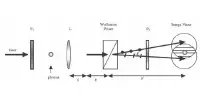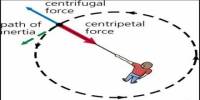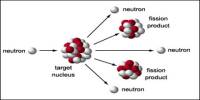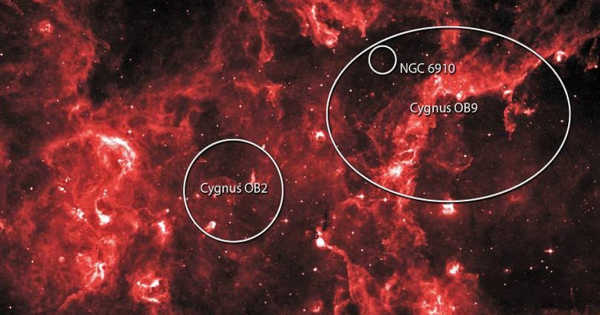“Universality” is a term used in physics to describe features of systems that are independent of their details. Theoretical physicists are particularly interested in proving the universality of quantum dynamics.
Researchers from Japan have discovered this universality in disordered quantum systems, which are characterized by one-parameter scaling for surface roughness and entanglement entropy (a measure of quantum entanglement).
The idea of entropy in classical thermodynamics, statistical mechanics, and information theory is analogous to the entropy concept in entanglement entropy. Entropy is a quantifiable measure of uncertainty (i.e., lack of information) regarding a system’s underlying microscopic state, or “microstate,” in those traditional contexts.
In the real world, many-particle systems are frequently imbued with “disorder” or “randomness.” As a result, phenomena that are specific to such systems emerge. For example, destructive interference can cause electrons in severely disordered systems to become localized, a phenomenon known as “Anderson localization.”
Anderson localization has been extensively researched in terms of one-parameter scaling, which scales system attributes depending on a single parameter. While the majority of research has focused on static features, the disorder can have a big impact on quantum dynamics including entanglement dynamics and transport phenomena.
Entanglement entropy is a notion that attempts to quantify the uncertainty that arises from a quantum (sub) system’s lack of a clear quantum state as a result of being possibly entangled with another (sub) system. When defining it, the most important consideration is how to apply classical probability concepts to quantum systems.
A team of physicists lead by Prof. Kazuya Fujimoto of Nagoya University has now numerically established a dynamical one-parameter scaling called “Family-Vicsek (FV) scaling” for disordered quantum systems in a recent paper published in Physical Review Letters.
While the FV scaling is originally known from classical surface growth, we found the scaling in random quantum systems by introducing a ‘quantum surface height operator’.
Prof. Fujimoto
“While the FV scaling is originally known from classical surface growth, we found the scaling in random quantum systems by introducing a ‘quantum surface height operator’,” explains Prof. Fujimoto.
For three popular models, the researchers looked at a system of non-interacting spinless fermions in a disordered one-dimensional potential. They discovered that the surface roughness followed a three-exponent FV scaling.
Further numerical study revealed a link between surface roughness and entanglement entropy (EE), implying an FV-type scaling for EE.
They also noticed unusual scaling exponents for one of the models, which they attributed to the presence of localized states in a delocalized phase, which is a traditional marker of quantum disordered systems.
Importantly, surface roughness in cold-atomic systems can be quantified experimentally using microscope techniques, making EE estimation in non-interacting fermions possible.
“These findings will deepen our understanding of nonequilibrium physics and provide a novel viewpoint to classify the universal non-equilibrium phenomena emerging in random quantum systems,” says Prof. Fujimoto.
While the study’s findings have no immediate impact on our lives, they do pave the path for a greater understanding of real-world quantum systems.
















